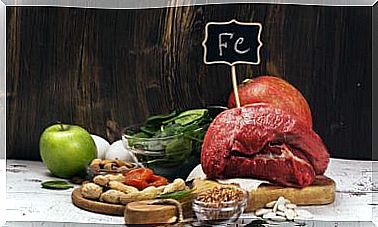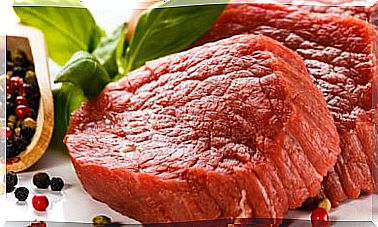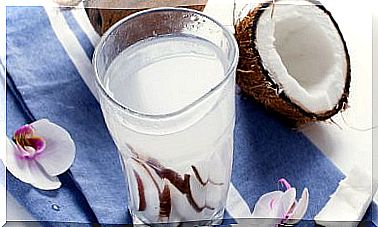What Foods Should Not Be Kept In The Fridge?
As consumers, it is important to inform yourself about those foods that can go bad in the fridge and lose their properties due to low temperatures.

Not all products should be kept in the fridge, this is a serious mistake since some are not made to withstand the cold. In any case, it would be the opposite, since sometimes it accelerates their decomposition or can change their original flavor.
It is true that many products require refrigeration and this even lengthens their useful life. However, as consumers, it is important to inform yourself about those foods that can go bad in the fridge and lose their properties due to low temperatures.
The process of operating a refrigerator is complex; the refrigerant liquid absorbs the heat from the refrigerator as it passes through the evaporator and is led to a compressor. There, through an increase in pressure, it returns the gas to a liquid state and in this process heat is released through the walls of the condenser.
That is why a list will be provided with those foods that, generally, should not be kept in the refrigerator.

Foods that should not be kept in the fridge
The potatoes
It has been believed that these can be affected because, at very low temperatures, they would transform their composition to more mealy. This would cause the starch to turn into sugar and consequently its flavor to change.
It is usually recommended to store the potatoes in paper bags, as this will take longer to decompose. However, a recent experiment carried out by researchers Jenny Tian and Leslie Bothwell, has indicated that keeping potatoes in the refrigerator would have a higher concentration of resistant starch, which would help in cases of type II diabetes or obesity, for example.
Bread, onion and garlic
Bread is one of the foods that is most often kept in the fridge and this is believed to be a serious mistake, since low-temperature bread would age faster and lose its flavor. So it is recommended to store it in a cool and dry place, or you can also cut it into slices and take it to the freezer to reuse it later.
Also, onion and garlic when subjected to low temperatures, harden and lose their properties. For this reason, it is recommended to keep them in a dark, cool and dry place, preferably in a cloth bag.
Fruits that should not be kept in the fridge
Unlike what would happen with vegetables, for example, which could be kept in the fridge in a separate compartment. In the case of fruits, excessive cold could prevent their correct ripening and change their natural flavor; making it even unpleasant.
Tropical fruits, being from hot climates, are not usually benefited by being subjected to low temperatures. Fruits such as pineapple, watermelon, avocados or bananas, among others, should not be stored in the refrigerator because the cold could accelerate their decomposition.
In turn, melons and peaches should not be put in the fridge either. These fruits at less than 10 degrees would lose, in the same way, their flavor and some of their properties. For all these reasons, it is preferable to keep them at room temperature.
Other foods
Honey and olive oil in the fridge
Subjecting honey to low temperatures could be a serious mistake. Honey, thanks to its components and PH, maintains its good condition in the open air and is kept all the time for consumption. When honey is stored in the refrigerator it tends to crystallize and, consequently, it would lose many of its properties.
Likewise, olive oil in the refrigerator tends to condense and harden. There it takes a shape similar to that of butter and, in addition, it can lose its flavor. The ideal, according to experts, is to store it in a cool place, away from light and with little humidity.
Chocolate and coffee
When chocolate is subjected to low temperatures for a long time, such as in the refrigerator, a white layer would form on it, which would change its flavor. On the other hand, you should avoid exposing it to too high temperatures as well. So the ideal would be to keep it at room temperature and away from light.
The coffee in the fridge would undergo a change similar to that of chocolate, since it generates a layer that changes its flavor and makes it lose its particular smell.

Certain hams and basil
There are different types of ham and some of them can lose their characteristic flavor when refrigerated . Despite being a food similar to deli meats, some people believe that these were designed to be kept at room temperature.
Similarly, basil is not recommended to be refrigerated because low temperatures could quickly wilt it and accelerate its decomposition process. In addition, it tends to acquire the smell of other foods that may be in the refrigerator; so it is recommended to store it in a glass with water outdoors to keep it better.









